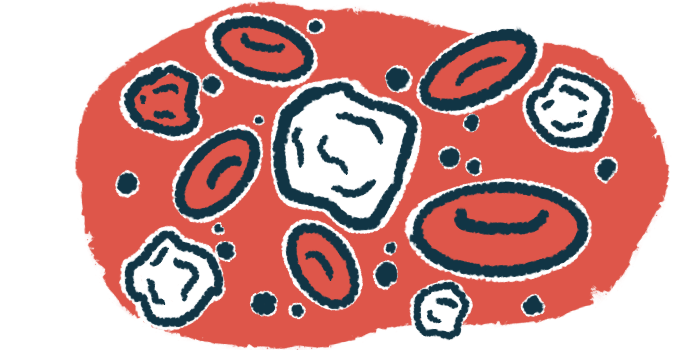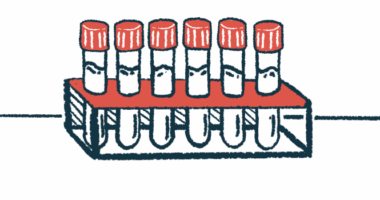Is ALS an autoimmune disease? New evidence says maybe yes.
US researchers ID protein mistakenly targeted by immune cells in ALS

In a new study by a team of U.S. scientists, a group of inflammatory immune cells was found to mistakenly target the C9ORF72 protein in nerve cells in people with amyotrophic lateral sclerosis (ALS) — demonstrating that ALS may be an autoimmune disease.
The findings, by researchers at the La Jolla Institute for Immunology in California and Columbia University in New York, could have important implications for how ALS is treated.
“This is the first study to clearly demonstrate that in people with ALS, there is an autoimmune reaction that targets specific proteins associated with the disease,” Alessandro Sette, a professor at La Jolla and coauthor of the study, said in a news story from the institute, which noted that the scientists “have uncovered evidence that ALS may be an autoimmune disease.”
The study’s findings also suggest that an individual’s immune response has an impact on the length of time a person lives following an ALS diagnosis.
Titled “Autoimmune response to C9orf72 protein in amyotrophic lateral sclerosis,” the study was published in the journal Nature.
ALS is caused by the degeneration and death of motor neurons — the nerve cells that control voluntary movement — which lead to symptoms such as weakness and paralysis. The mechanisms that drive motor neuron degeneration in ALS are not completely understood, but data have suggested that inflammation in the nervous system likely plays a role.
Scientists ID C9ORF72 protein as target of autoimmune response
Because uncontrolled inflammation is also a feature of autoimmune diseases, some researchers have speculated that ALS itself might be an autoimmune disease. Classically, however, autoimmune diseases are marked by immune cells that target specific proteins in healthy cells, and researchers thus far have been unable to identify such a mark in ALS.
“Until now there has been no reported target for such an autoimmune response,” the team wrote.
For this investigation, the scientists collected immune cells from people with and without ALS, then exposed those cells to a variety of proteins previously implicated in ALS. The results showed that immune cells from the ALS patients triggered a much stronger inflammatory reaction than healthy cells when exposed to the C9ORF72 protein.
C9ORF72 is involved in many cellular processes, including the regulation of waste clearance and immune responses in nerve cells.
Further tests demonstrated that ALS patients had high levels of a particular type of immune cell, called CD4 T-cells, targeting C9ORF72. These data are consistent with the notion that ALS could be an autoimmune disease, with C9ORF72 as the autoantigen, or the target of the immune attacks.
“We identify C9orf72 as a major target of ALS-associated T cell autoreactivity. This is, to our knowledge, the first study showing the recognition by human T cells of a specific autoantigen associated with ALS,” the researchers wrote.
There is an autoimmune component to ALS, and this study gives us clues as to why the disease progresses so rapidly. … This research also gives us a possible direction for disease treatment.
Some people with ALS harbor mutations in the gene that encodes the C9ORF72 protein. Immune responses against this protein were seen in ALS patients with or without these mutations, but the response was particularly pronounced in people with certain mutations.
CD4 T-cells help coordinate the immune system’s activity by releasing signaling molecules. These can be either proinflammatory — triggering the rest of the immune system to launch an attack — or they can be anti-inflammatory molecules that reduce immune activity.
In additional tests, the researchers found that some patients’ T-cells would produce proinflammatory signaling molecules in response to C9ORF72. In other patients, however, the T-cells would instead make an anti-inflammatory molecule called IL-10.
Statistical analyses showed that patients with IL-10-producing T-cells were predicted to live significantly longer than those whose T-cells produced pro-inflammatory molecules. Based on this finding, the researchers speculated that it may be possible to treat ALS by boosting the activity of T-cells that react to C9ORF72 and produce anti-inflammatory signaling molecules. The scientists called for further studies to explore this idea.
“There is an autoimmune component to ALS, and this study gives us clues as to why the disease progresses so rapidly,” said David Sulzer, PhD, coauthor of the study at the Columbia University Irving Medical Center. “This research also gives us a possible direction for disease treatment.”







